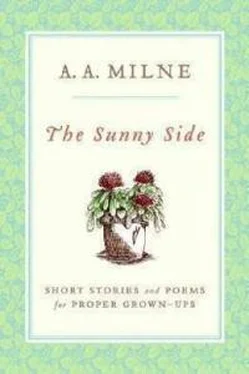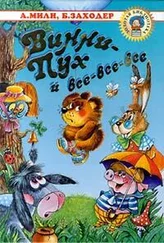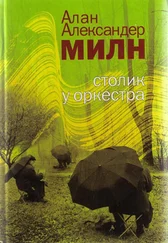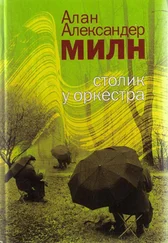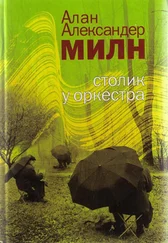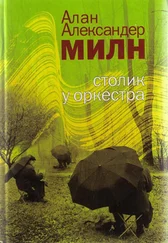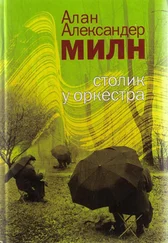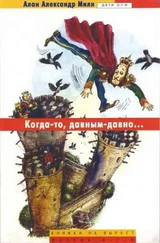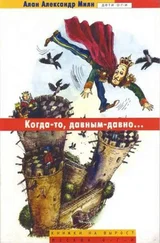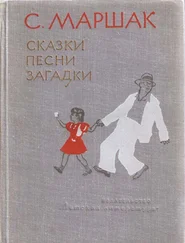"That still leaves five shillings."
"If only it left that, it might be worth it. But there's a new white waistcoat. An audience soon gets tired of a lecture, and then there's nothing for the wakeful ones to concentrate on but the white waistcoat of the lecturer. It must be of a virgin whiteness. Say thirty–five shillings. So I lose thirty shillings by it. Can I afford so much?"
"But you gain the acoustics and the waistcoat."
"True. Of course, if you insist—"
"Oh, you must ," said Celia.
So I returned to the library. By tea–time I had got as far as this:—
"ADVENTURES WITH A CAMERA IN SOMALILAND
" Lecture delivered before the Blanktown Literary and Philo —"
And then I had an idea. This time a brilliant one.
"Celia," I said at tea, "I have been wondering whether I ought to take advantage of your generosity."
"What generosity?"
"In letting me deliver this lecture."
"It isn't generosity, it's swank. I want to be able to tell everybody."
"Ah, but the sacrifices you are making."
"Am I?" said Celia, with interest.
"Of course you are. Consider. I ask a fee of ten guineas. They cannot possibly charge more than a shilling a head to listen to me. It would be robbery. So that if there is to be a profit at all, as presumably they anticipate, I shall have a gate of at least two hundred and fifty."
"I should hope so."
"Two hundred and fifty. And what does that mean? It means that at seven–thirty o'clock on the night of December the 8th two hundred and fifty residents of Blanktown will turn out the electric lights in their drawing–rooms … PERHAPS EVEN IN THEIR HALLS … and proceed to the lecture–room. True, the lecture–room will be lit up—a small compensation—but not for long. When the slides of Vesuvius are thrown upon the screen—"
Celia was going pale.
"But if it's not you," she faltered, "it will be somebody else."
"No; if I refuse, it will be too late then to get a substitute. Besides, they must have tried everybody else before they got down to me…Celia it is noble of you to sacrifice—"
"Don't go!" she cried in anguish.
I gave a deep sigh.
"For your sake," I said, "I won't."
So that settles it. If my lecture on "First Principles in Homoeopathy" is ever to be delivered, it must be delivered elsewhere.
Before I introduce Bingo I must say a word for Humphrey, his sparring partner. Humphrey found himself on the top of my stocking last December, put there, I fancy, by Celia, though she says it was Father Christmas. He is a small yellow dog, with glass optics, and the label round his neck said, "His eyes move." When I had finished the oranges and sweets and nuts, when Celia and I had pulled the crackers, Humphrey remained over to sit on the music–stool, with the air of one playing the pianola. In this position he found his uses. There are times when a husband may legitimately be annoyed; at these times it was pleasant to kick Humphrey off his stool on to the divan, to stand on the divan and kick him on to the sofa, to stand on the sofa and kick him on to the bookcase; and then, feeling another man, to replace him on the music–stool and apologize to Celia. It was thus that he lost his tail.
Here we say good–bye to Humphrey for the present; Bingo claims our attention. Bingo arrived as an absurd little black tub of puppiness, warranted (by a pedigree as long as your arm) to grow into a Pekinese. It was Celia's idea to call him Bingo; because (a ridiculous reason) as a child she had had a poodle called Bingo. The less said about poodles the better; why rake up the past?
"If there is the slightest chance of Bingo—of this animal growing up into a poodle," I said, "he leaves my house at once."
" My poodle," said Celia, "was a lovely dog."
(Of course she was only a child then. She wouldn't know.)
"The point is this," I said firmly, "our puppy is meant for a Pekinese—the pedigree says so. From the look of him it will be touch and go whether he pulls it off. To call him by the name of a late poodle may just be the deciding factor. Now I hate poodles; I hate pet dogs. A Pekinese is not a pet dog; he is an undersized lion. Our puppy may grow into a small lion, or a mastiff, or anything like that; but I will not have him a poodle. If we call him Bingo, will you promise never to mention in his presence that you once had a—a—you know what I mean—called Bingo?"
She promised. I have forgiven her for having once loved a poodle. I beg you to forget about it. There is now only one Bingo, and he is a Pekinese puppy.
However, after we had decided to call him Bingo, a difficulty arose. Bingo's pedigree is full of names like Li Hung Chang and Sun Yat Sen; had we chosen a sufficiently Chinese name for him? Apart from what was due to his ancestors, were we encouraging him enough to grow into a Pekinese? What was there Oriental about "Bingo"?
In itself, apparently, little. And Bingo himself must have felt this; for his tail continued to be nothing but a rat's tail, and his body to be nothing but a fat tub, and his head to be almost the head of any little puppy in the world. He felt it deeply. When I ragged him about it he tried to eat my ankles. I had only to go into the room in which he was, and murmur, "Rat's tail," to myself, or (more offensive still) "Chewed string," for him to rush at me. "Where, O Bingo, is that delicate feather curling gracefully over the back, which was the pride and glory of thy great–grandfather? Is the caudal affix of the rodent thy apology for it?" And Bingo would whimper with shame.
Then we began to look him up in the map.
I found a Chinese town called "Ning–po," which strikes me as very much like "Bing–go," and Celia found another one called "Yung–Ping," which might just as well be "Yung–Bing," the obvious name of Bingo's heir when he has one. These facts being communicated to Bingo, his nose immediately began to go back a little and his tub to develop something of a waist. But what finally decided him was a discovery of mine made only yesterday. There is a Japanese province called Bingo . Japanese, not Chinese, it is true; but at least it is Oriental. In any case conceive one's pride in realizing suddenly that one has been called after a province and not after a poodle. It has determined Bingo unalterably to grow up in the right way.
You have Bingo now definitely a Pekinese. That being so, I may refer to his ancestors, always an object of veneration among these Easterns. I speak of (hats off, please!) Ch. Goodwood Lo.
Of course you know (I didn't myself till last week) that "Ch." stands for "Champion." On the male side Champion Goodwood Lo is Bingo's great–great–grandfather. On the female side the same animal is Bingo's great–grandfather. One couldn't be a poodle after that. A fortnight after Bingo came to us we found in a Pekinese book a photograph of Goodwood Lo. How proud we all were! Then we saw above it, "Celebrities of the Past. The Late—"
Champion Goodwood Lo was no more! In one moment Bingo had lost both his great–grandfather and his great–great–grandfather!
We broke it to him as gently as possible, but the double shock was too much, and he passed the evening in acute depression. Annoyed with my tactlessness in letting him know anything about it, I kicked Humphrey off his stool. Humphrey, I forgot to say, has a squeak if kicked in the right place. He squeaked.
Bingo, at that time still uncertain of his destiny, had at least the courage of the lion. Just for a moment he hesitated. Then with a pounce he was upon Humphrey.
Till then I had regarded Humphrey—save for his power of rolling the eyes and his habit of taking long jumps from the music–stool to the book–case—as rather a sedentary character. But in the fight which followed he put up an amazingly good resistance. At one time he was underneath Bingo; the next moment he had Bingo down; first one, then the other, seemed to gain the advantage. But blood will tell. Humphrey's ancestry is unknown; I blush to say that it may possibly be German. Bingo had Goodwood Lo to support him—in two places. Gradually he got the upper hand; and at last, taking the reluctant Humphrey by the ear, he dragged him laboriously beneath the sofa. He emerged alone, with tail wagging, and was taken on to his mistress's lap. There he slept, his grief forgotten.
Читать дальше
